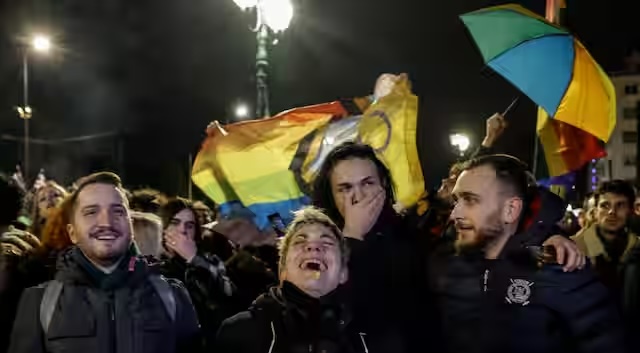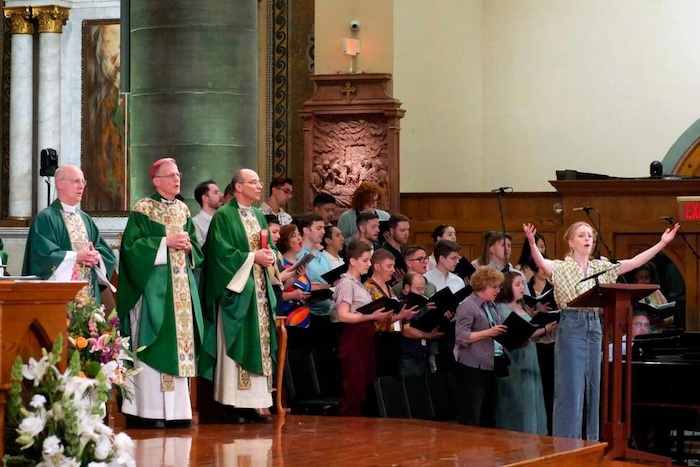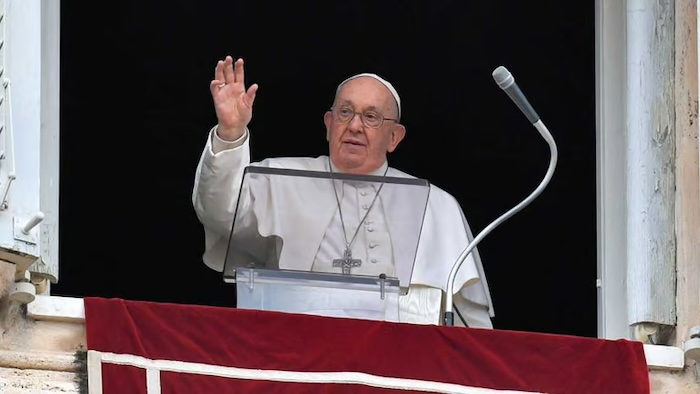— Becoming first Orthodox Christian country to allow same-sex unions

By Prisha
In a historic decision, the Greek parliament on Thursday (Feb 15) passed a law which legalised same-sex marriage and made it the first majority Orthodox Christian country where marriage equality for all has been established.
In spite of opposition from Orthodox Christian clergy and conservative segments of society, the decision received the support of 176 out of 300 lawmakers in the parliament. The bill introduced by the centre-right government was opposed by 76 lawmakers, after months of polarised political and public discourse.
The country’s LGBTQ+ couples welcomed the parliament’s decision as the onlookers in parliament cheered and dozens celebrated on the streets of Athens.
“This is a milestone for human rights, reflecting today’s Greece – a progressive, and democratic country, passionately committed to European values,” said Greece’s Prime Minister Kyriakos Mitsotakis, in a post on X after the voting.
“People who have been invisible will finally be made visible around us, and with them, many children will finally find their rightful place,” said the prime minister in the parliament, ahead of the vote.
“The reform makes the lives of several of our fellow citizens better, without taking away anything from the lives of the many,” he added.
The historic law has given the right to wed and adopt children to same-sex couples, decades after the LGBT community campaigned for marriage equality in the socially conservative country.
Even though civil partnerships for gay couples were introduced by Greece nearly a decade ago under the left-wing Syriza government, the government recognised only the biological parents of children in those relationships as legal guardians.
However, as per the new law, same-sex parents can now be recognised as legal parents of the children.
<h2”>‘Proud to be Greek’: LGBT community celebrates on streets
“This is a historic moment,” said Stella Belia, the head of same-sex parents group Rainbow Families, while speaking to Reuters news agency. “This is a day of joy,” she added.
LGBT communities rallied outside parliament and one of the banners read: “Not a step back from real equality.”
“I’m very proud as a Greek citizen because Greece is actually – now – one of the most progressive countries,” said Ermina Papadima, who is a member of the Greek Transgender Support Association.
“I think the mindset is going to change… We have to wait, but I think the laws are going to help with that,” she added.
Celebrating the law, many people sang passages from the Bible, read prayers, held crosses and displayed banners in the capital’s Syntagma Square.
However, the head of the Orthodox Church, Archbishop Ieronymos, said that the measure would “corrupt the homeland’s social cohesion”.
Complete Article ↪HERE↩!




